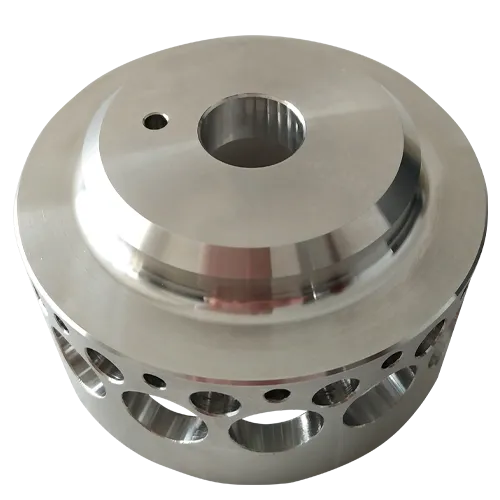Mobile:+86-311-808-126-83
Email:info@ydcastings.com
stainless steel casting alloys
Understanding Stainless Steel Casting Alloys
Stainless steel casting alloys are a crucial component in various industries due to their exceptional resistance to corrosion, high strength, and versatility. These alloys are specifically designed for casting processes, where molten metal is poured into molds to create complex shapes. This article delves into the composition, properties, applications, and benefits of stainless steel casting alloys.
Composition of Stainless Steel Casting Alloys
Stainless steel alloys are primarily composed of iron, chromium, and other alloying elements such as nickel, molybdenum, and manganese. The presence of chromium (at least 10.5%) is what imparts the characteristic corrosion resistance to stainless steel. The addition of nickel enhances ductility and toughness, while molybdenum improves resistance to pitting and crevice corrosion in chloride environments. The specific proportions of these elements can vary, leading to different grades of stainless steel casting alloys, each with unique properties and applications.
Properties of Stainless Steel Casting Alloys
One of the standout features of stainless steel casting alloys is their excellent corrosion resistance. This property is vital in industries like food processing, pharmaceuticals, and marine applications, where exposure to harsh environments is common. Furthermore, these alloys exhibit remarkable strength, making them suitable for structurally demanding applications. They also possess good weldability and formability, allowing manufacturers to create intricate designs without compromising the material's integrity.
Thermal and mechanical properties also play a significant role in the performance of stainless steel casting alloys
. They exhibit good fatigue resistance, which is essential in applications subject to cyclic loading. Additionally, these alloys maintain their mechanical properties even at elevated temperatures, making them suitable for use in high-temperature environments.Applications of Stainless Steel Casting Alloys
stainless steel casting alloys

Stainless steel casting alloys are utilized across a broad spectrum of industries. In the aerospace sector, they are employed in components such as turbine blades and structural parts due to their strength-to-weight ratio and resistance to high temperatures. The automotive industry leverages these alloys for engine components, exhaust systems, and decorative elements, where both aesthetics and durability are paramount.
The medical industry benefits from stainless steel casting alloys for surgical instruments, implants, and equipment as they can withstand sterilization processes and are biocompatible. In the construction sector, these alloys are favored for architectural components, fasteners, and fittings, providing both structural support and visual appeal.
Benefits of Using Stainless Steel Casting Alloys
Choosing stainless steel casting alloys comes with numerous benefits. Their corrosion resistance leads to longer service life, reducing maintenance costs and downtime. The strength of these alloys means that thinner components can be used without sacrificing performance, leading to material savings.
Moreover, stainless steel is 100% recyclable, which makes it an environmentally friendly choice. The use of stainless steel casting alloys aligns with sustainability goals and reduces the overall carbon footprint of manufacturing processes.
Conclusion
In summary, stainless steel casting alloys represent a perfect blend of modern metallurgical advancements and practical applications. Their unique composition endows them with exceptional properties that cater to various industries, from aerospace to healthcare. As industries continue to seek high-performance materials, stainless steel casting alloys will undoubtedly remain a key player in metal casting, enabling innovation and improving product longevity. The ongoing research and development in this field will likely unveil even more grades and applications, further solidifying stainless steel's position as a material of choice in numerous applications.
-
Why Should You Invest in Superior Pump Castings for Your Equipment?NewsJun.09,2025
-
Unlock Performance Potential with Stainless Impellers and Aluminum End CapsNewsJun.09,2025
-
Revolutionize Your Machinery with Superior Cast Iron and Aluminum ComponentsNewsJun.09,2025
-
Revolutionize Fluid Dynamics with Premium Pump ComponentsNewsJun.09,2025
-
Optimizing Industrial Systems with Essential Valve ComponentsNewsJun.09,2025
-
Elevate Grid Efficiency with High-Precision Power CastingsNewsJun.09,2025











